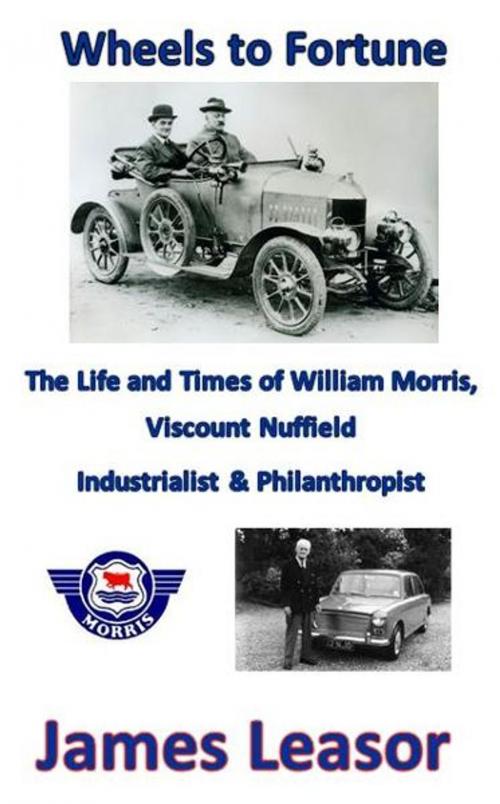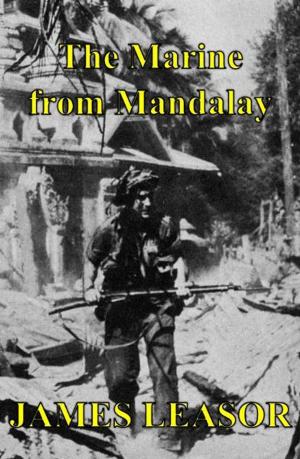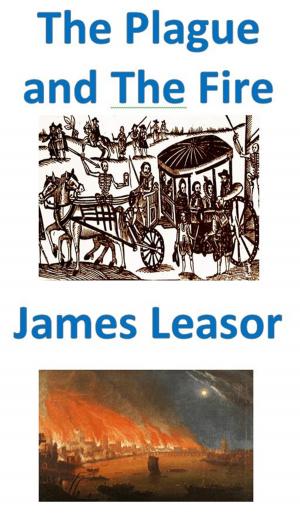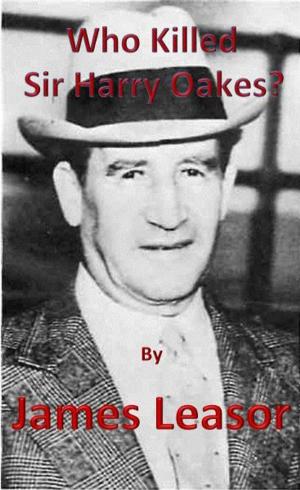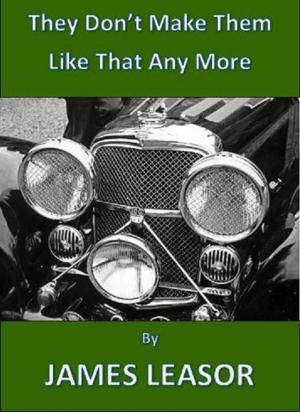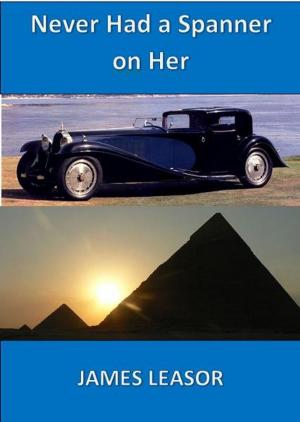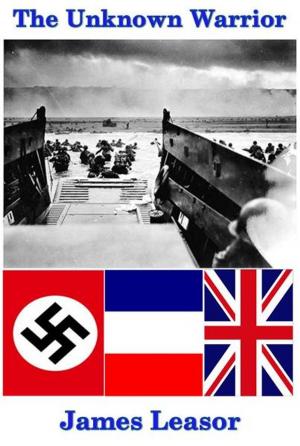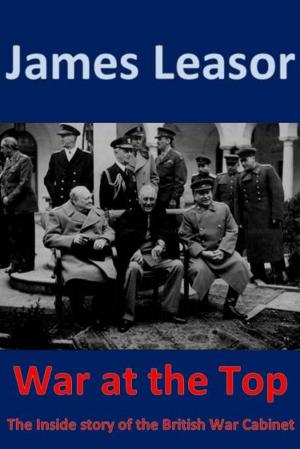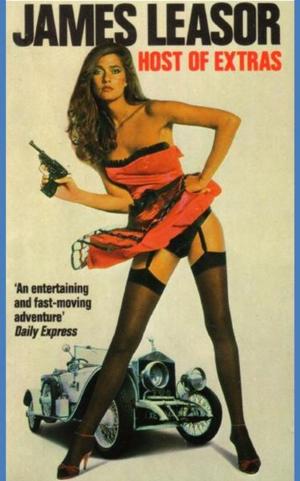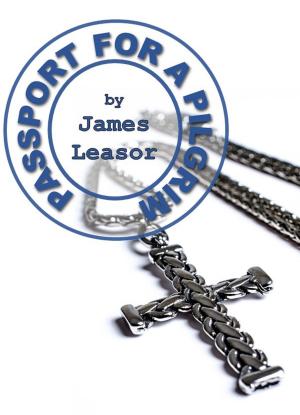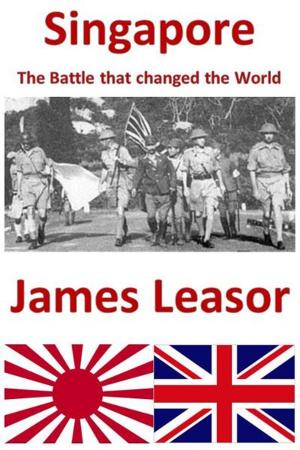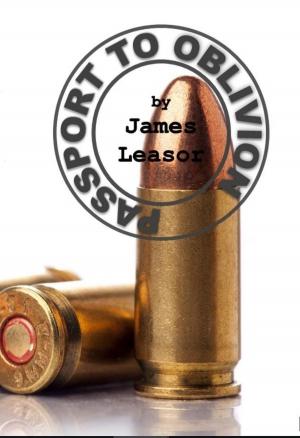| Author: | James Leasor | ISBN: | 9781908291240 |
| Publisher: | James Leasor Limited | Publication: | January 1, 2011 |
| Imprint: | Language: | English |
| Author: | James Leasor |
| ISBN: | 9781908291240 |
| Publisher: | James Leasor Limited |
| Publication: | January 1, 2011 |
| Imprint: | |
| Language: | English |
William Richard Morris, later Viscount Nuffield, set up business as a cycle agent and manufacturer in Oxford, in 1893, at the age of sixteen. He was, through sheer hard work, to go on to make the Morris-Oxford car and set up the famous car works at Cowley, where many other Morris designs were manufactured, becoming Britains largest motor manufacturer. This is an account of his life and of his vision: the £100 car, a car the public could afford to buy. Leasor tells of this unusual and determined mans success, the millions he made and the millions he gave away. His direct industrial legacy has sadly almost gone, with the demise of the British motor industry that has gone from being one of the largest in the world to just a niche player in the specialist market as well as a convenient location for assembly plants for various foreign manufacturers. But his memory lives on as possibly the greatest British philanthropist. Over his lifetime he gave away over £30million, which if compared to relative share of GDP would amount to some £5billion at todays (2011) prices. There are still numerous bodies that bear his name and are based on his initial grants, that are household names, such as the Nuffield Foundation, the Nuffield Trust, Nuffield College, Nuffield Health, The Nuffield Institute for Health Services Studies, Nuffield Farming Scholarships Trust, and Nuffield Trust for Forces of the Crown. Few beneficiaries probably ever spend any time thinking of the man who started it all as a bicycle repairer in tiny rented premises in Oxford, or how their funding came about. This is that story.
William Richard Morris, later Viscount Nuffield, set up business as a cycle agent and manufacturer in Oxford, in 1893, at the age of sixteen. He was, through sheer hard work, to go on to make the Morris-Oxford car and set up the famous car works at Cowley, where many other Morris designs were manufactured, becoming Britains largest motor manufacturer. This is an account of his life and of his vision: the £100 car, a car the public could afford to buy. Leasor tells of this unusual and determined mans success, the millions he made and the millions he gave away. His direct industrial legacy has sadly almost gone, with the demise of the British motor industry that has gone from being one of the largest in the world to just a niche player in the specialist market as well as a convenient location for assembly plants for various foreign manufacturers. But his memory lives on as possibly the greatest British philanthropist. Over his lifetime he gave away over £30million, which if compared to relative share of GDP would amount to some £5billion at todays (2011) prices. There are still numerous bodies that bear his name and are based on his initial grants, that are household names, such as the Nuffield Foundation, the Nuffield Trust, Nuffield College, Nuffield Health, The Nuffield Institute for Health Services Studies, Nuffield Farming Scholarships Trust, and Nuffield Trust for Forces of the Crown. Few beneficiaries probably ever spend any time thinking of the man who started it all as a bicycle repairer in tiny rented premises in Oxford, or how their funding came about. This is that story.
